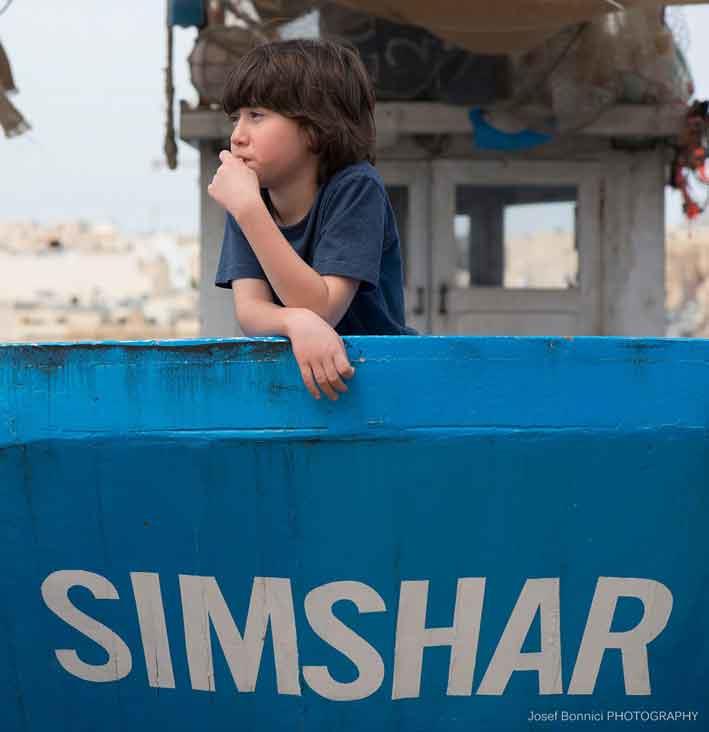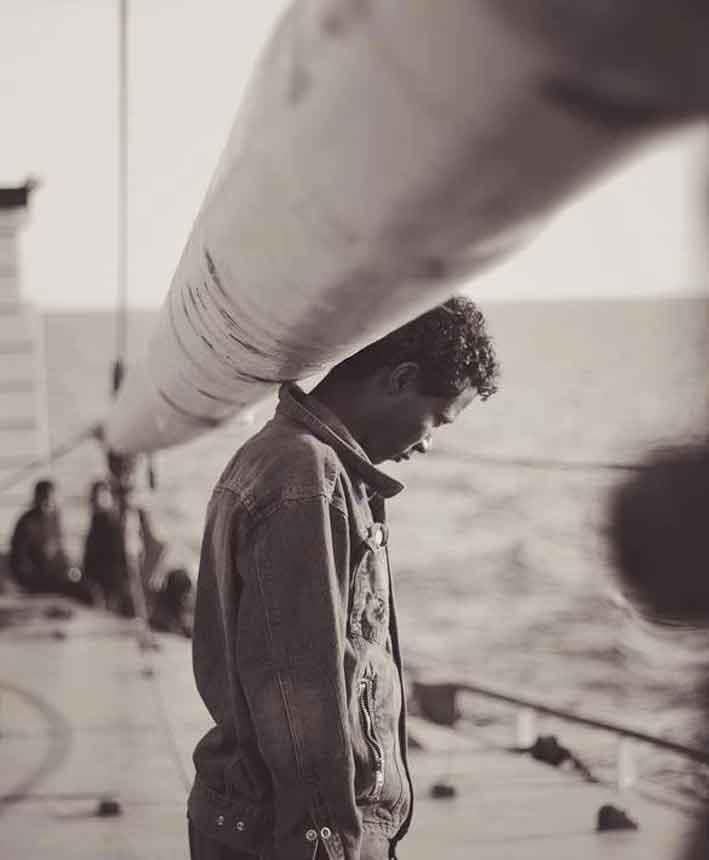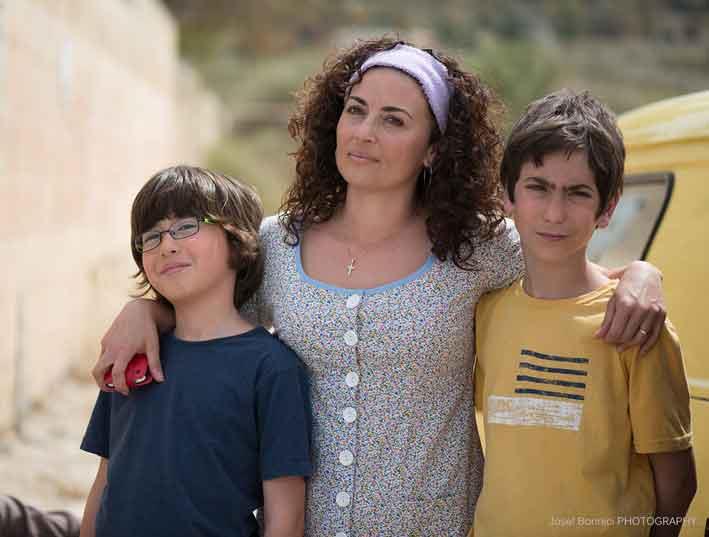The first ever Maltese production to be nominated for the Oscars, Simshar, is set to be released in a number of countries including Brussels, Tunisia, Australia, Canada and possibly the United States. This week, the movie was screened at the European Parliament, in an event organised by MEP Marlene Mizzi, with the hope of raising awareness of challenges faced by Maltese artists.
Attendees, including people engaged in foreign film associations and employees of the European Union highly praised the production, particularly for its capability to shed light on the emotional aspect of migrants’ voyage across the Mediterranean.
"A good film can make you feel alive and imagine things deemed impossible. It also changes your perception about life and people. Movies are not only about the characters on screen - it triggers viewers to engage in conversations with others.

Simshar is a heart-breaking Maltese story with global relevance. While promoting Malta's culture, it brings forth the human face of immigration. When migration is discussed, we refer to migrants in terms of numbers, and this overshadows the fact that we are, in reality, dealing with human lives,” Marlene Mizzi said during her opening speech.
“The director has managed to create an oath to all people who has lost their lives in the Mediterranean while in search for better life.
Making a film in Malta is creatively, logically and financially difficult. The country holds a history of serving as location for Hollywood films but not of making its own productions, despite having an enormous potential to serve as a canvas for the film industry - it deserves to be encouraged and promoted."

‘Such movies make us better people’
In comments to The Malta Independent, Sokolska, Administrator at the Secretariat of the Committee on Petitions, said that the movie allowed for a tremendous understanding of the journey faced by migrants.
“It is one thing hearing of such events on the media and another connecting with the characters on screen. My work is closely related to migration, and the movie has helped me gain a better emotional understanding of the situations faced by these people.
“It is my first encounter with a Maltese production, and I am very impressed by how such a young film producer managed to create such profoundness. Such movies make us better people.
“We always think of migration as an issue which is not ‘in our backyard’ and we are more concerned with our own problems. We somewhat forget we are living in a bigger community and that some of us need shelter,” she said.
Christine Eloy, General Manager of Europea Distribution, the European Network of Film Distributors, described Simshar as ‘a very strong film on a very strong subject’, saying that migration is portrayed from a point of view we are not used to seeing – with the characters on screen being very much real.
“It definitely gives you more will to see more Maltese productions. Malta should be better assisted for funding, allowing it to produce more of its own movies, rather than only serving as a location for others,” she said.
“I thought it was a great movie – it shows that when you invest with people who have skill, you can come up with beautiful things,” Jens Tinga, translator European Commission, commented.
“We know about people who go through such a journey, of their sufferings. This movie further emphasises the help they need – it portrays migration in a realistic matter, without glorifying it. It clearly shows that migrants are not harmful – it is simply, humane.”

Film synopsis
Eleven year old Theo is sent on his first fishing trip with his father Simon, grandfather Karmnu and a Malian migrant worker - Moussa.
The trip is truly an illicit tuna hunt which leads to a fire on the fishing boat, Simshar, causing the boat to sink and the crew to be left stranded in open water.
Simultaneously, Alex - a doctor relegated to Malta's migrant detention centre is detached onto the Leca, a Turkish merchant vessel which has rescued a group of stranded African migrants between Malta and Italy.
Meanwhile, Theo’s mother tries to desperately find out about the missing Simshar. John - Alex's best friend and a soldier in the marine unit - tries to get his friend off Leca, but is hindered by several elements, including the search for Simshar.
Trying to survive out at sea, Theo befriends Moussa, while Alex is shaken out of his racism by Makeda, an Eritrean passenger whom he depends on for translations. The migrants are taken in by Italy, however the Simshar crew is spotted by a trawler which, mistaking them for irregular migrants, leaves them behind.
By the time the fishing community tracks them down; there is only one survivor left.
Director
Rebecca Cremona graduated with a first class in Film and Comparative Literature from the University of Warwick and later directed and produced three short films at the American Film Institute Conservatory.
After furthering her studies at the Art Center College of Design, Ms Cremona was shortlisted for Shorts International at the 62nd edition of the Cannes Film Festival for her movie ' Magdeline'.
She has worked closely with Stephen Spielberg's team on Munich and Agora, both shot in Malta.

The event
The event was organised by Labour MEP Marlene Mizzi with the aim of promoting the Maltese film industry in Brussels and highlighting the limitations local artists face.
The movie was screened at the European Parliament on 2 June, and an international debate entitled ' Does European Cinema have a future: What next for low audio-visual capacity countries' indigenous film production?' was held on 3 June with the participation of Commissioner Günther H. Oettinger.